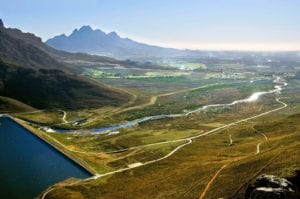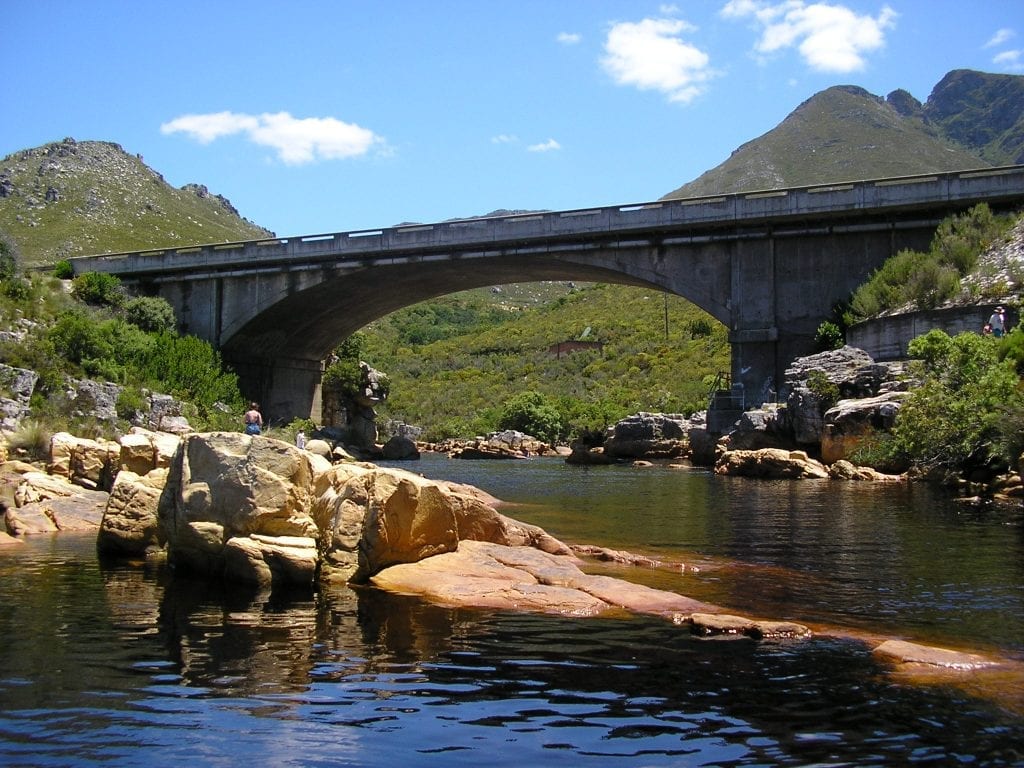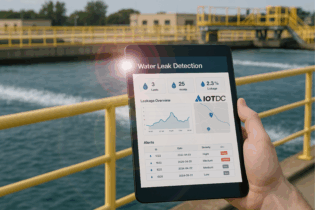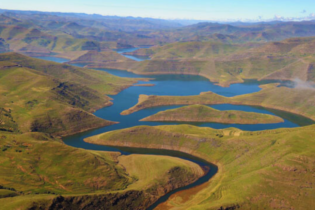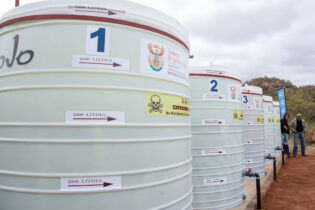Gauteng is not in the clear
Briefing Parliament’s portfolio committee on the department’s annual report, Mokonyane said stringent measures were being implemented countrywide. This included allocating 15% less water to municipalities in order to further decrease water consumption for October. Earlier this month, stricter water restrictions were implemented in Gauteng as a result of the fast declining water levels in the Vaal River system, and Johannesburg was urged to further reduce its water consumption by 15%.Mokonyane urged municipalities to focus on saving water and said that Mogale City was the only Gauteng municipality that successfully decreased its water consumption.
“Gauteng will get their water back when they behave,” she said. If the province could save enough water, the Vaal’s levels would return to normal within the next year or two, she added. Mokonyane said the declaration of a national disaster was also not going to be a “quick fix” as the release of all the necessary funds was not guaranteed as money would have to be reallocated from other programmes. R1,3 bn of the department’s R1,7 bn was also spent on hiring a contractor to assess the water crisis last October, the minister said. This was declared as “irregular expenditure” as the hiring did not follow normal protocol, however, Mokonyane stressed that irregular expenditure was not the same as wasteful spending.

